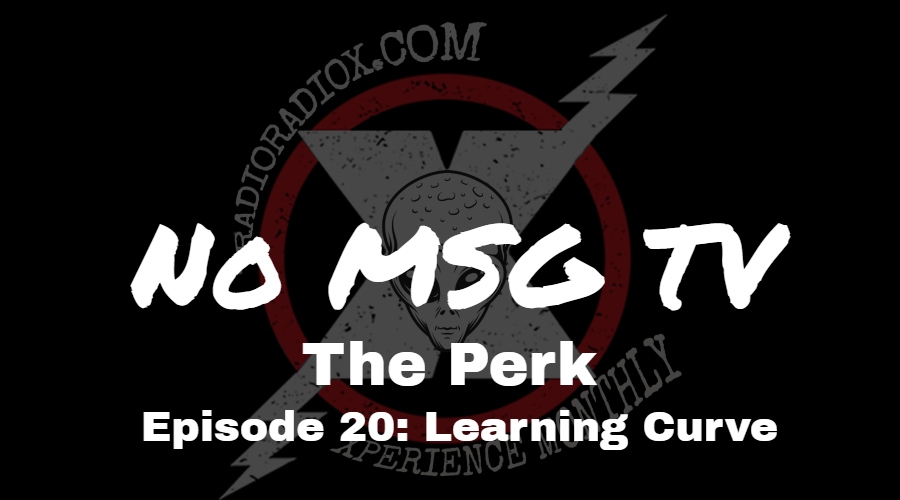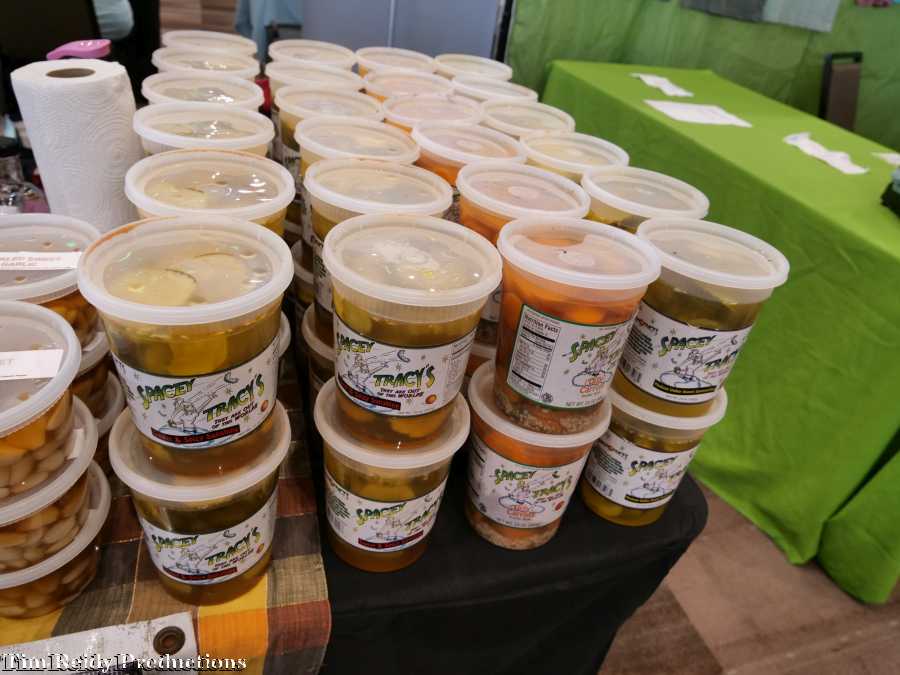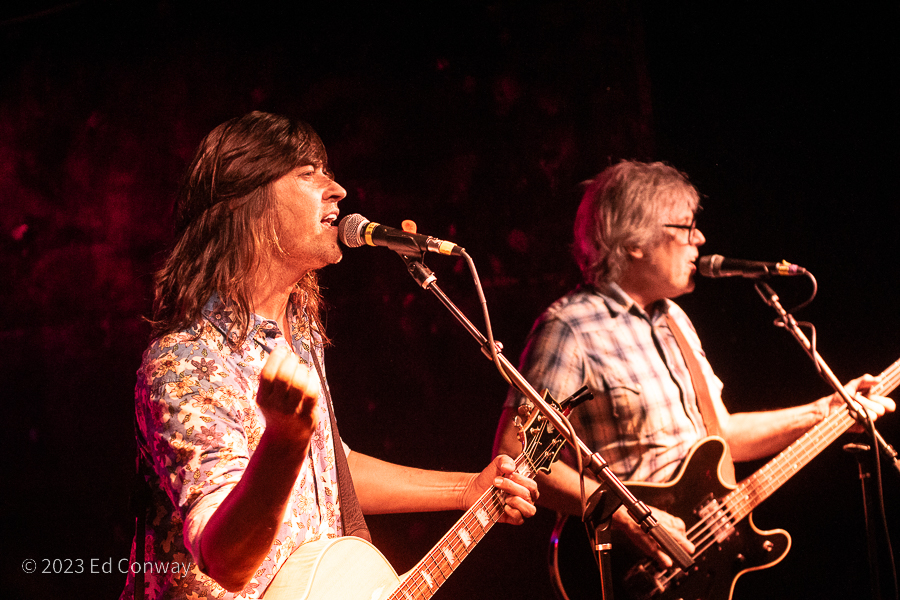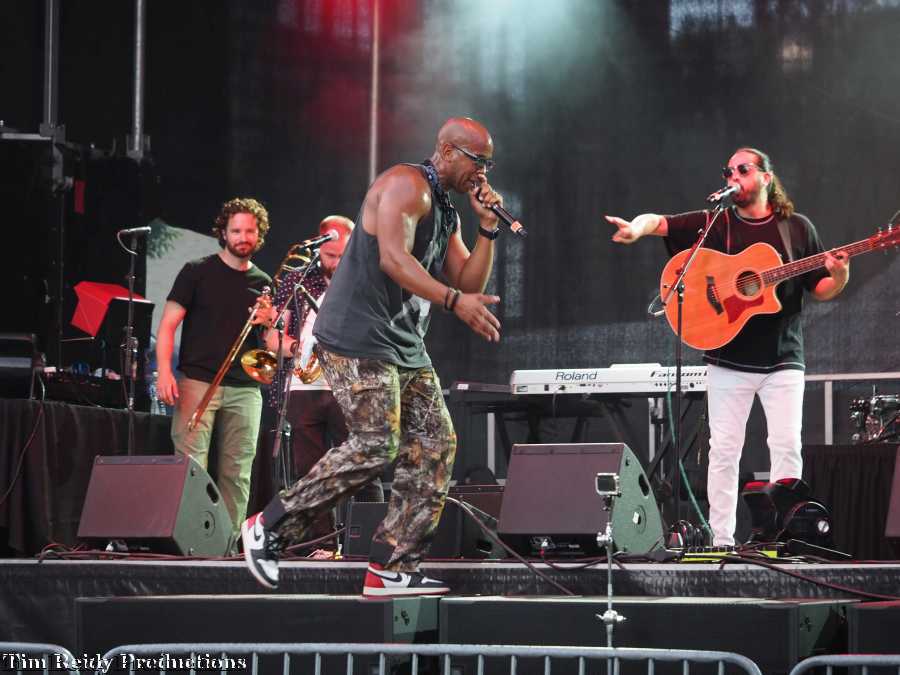Spotify and the Value of Music
Written by Staff on July 19, 2023
He stared into a cup of coffee that he hoped would be bottomless. His whole musical career lay at the bottom of the dregs. All the money he had from his overnight success poured away from a carafe with sweet cream and just a touch of sugar. His royalty check from the thousands of fans listening to his music sat on the table in front of him. It would get him his next coffee if he skipped the tip.
Spotify says it is now the music industry’s No. 1 revenue generator, paying out more than $40 billion as of 2022. The platform also now has half a billion users. It is often seen as a villain to small, independent musicians, who see pitiful payouts and a struggle for exposure on the platform. Being that they’re the biggest streaming music service on the board, it makes sense that they’re the biggest target. But why Spotify? Why Spotify, or any of them?
To tell this story, one has to go back a bit. It’s 1990 and you’re reading this article in a hard copy of Xperience Monthly (which we all know has been around since 1776.) You got a hankering for some righteous tunes, so you go turn the dial on the radio and let your ears follow their passion. Like a specific artist? The mall probably has a record store, or you could go find Jimmy Barrett and if he didn’t have it, he could find it.
So you buy your album. The music store and the record label get their cut, manager gets a cut, band gets a cut. Sweet times, sweet times. But what’s that thing on my computer screen? It’s called what? The internet?
So yeah, the internet is great, but it got us into one really, really bad habit: the idea that everything, including music, should unlimited and free. Cause we see art as freedom, and we forget that it’s not free for the artist. It represents freedom, the free exchange of ideas, but if we want our favorite artists and musicians to keep playing, writing, painting, whatever, we can’t force them to take two jobs for rent.
Enter Napster. Music is free. It doesn’t cost anyone anything to copy a song digitally, so why not stick it to the industry and copy the shit out of our favorite songs? Screw Metallica with their sheets of names, right?
A 2010 CNN articled spelled out the effect. “Total revenue from U.S. music sales and licensing plunged to $6.3 billion in 2009, according to Forrester Research. In 1999, that revenue figure topped $14.6 billion.”
But see, this cut right into the industry, and the needed a fix. Napster came around in 1999, seven years later, Spotify was introduced. Spotify allowed people to listen to endless music, just like Napster, only they paid $10 a month so they feel legal and good. But the principle is the same: music has no value. You’re paying for legal access to it.
And what’s wrong with this? People are paying for this, right? Bands are getting paid, aren’t they? Sure… but not much. Not much at all. $0.0084 per stream, per song that is listened to. How little is that? Think of a ten song album. Listen once, $0.084. You would have to listen to the whole album a thousand times before the band saw the ten bucks they might actually charge for the album. Now you may have album or two in your life that you’ve listened to a thousand times, but it’s not most of them, yet you paid for all those other albums. And most bands, especially indie bands, are lucky if people just put one song on a playlist. You can have a million and a half of your songs listened to and get fifteen hundred bucks. A band might pay that much to record.
And sure, okay, but bands can break it big by getting on Spotify’s playlists, right? Success can always happen. Except that record labels, not indies, but the bigs, have a lot of advantages in Spotify, like investing in Spotify stock, taking part in licensing, and oh yeah; paying to get their bands put on the Spotify playlists. Warner Music Group CEO Stephen Cooper said it all about why artists need big record labels like his:
“Playlisting is one of the big reasons why artists need record labels today.”
It was a term used in early radio and rhymes with Crayola.
There have been people who complain. Unfortunately, they weren’t complaining about the little things coming out of Spotify’s wallet, but the many things coming out of Joe Rogan’s mouth. Neil Young and Joni Mitchell pulled their catalogs from Spotify over it. This happens a lot. Some big, usually economic issue where the little guy is getting screwed and the big people find a way to shoot at the wrong target in some type of morality play. Moral fights are symbolic and easy to win (or lose.) Spotify’s, and the music industry’s, economic model is a tougher solve. But people are trying.
The Union of Musicians and Allied Workers are working on its “Justice at Spotify” campaign. A parliamentary inquiry into the economic aspect of this was launched in the U.K. in 2020, and a U.N. report proposes for a dedicated royalty for streaming. And let’s not forget that you, the consumer, do have choices, such as Bandcamp, Resonate, and Ampled.
Indie artists are kind of caught in the vice grip of it being “the only game in town”, so-to-speak. A 2015 Newsweek article entitled, “What Do Indie Musicians Really Think About Music Streaming?”
“Indie artists are more conflicted and less empowered. They’re ambivalent about the revenue but like the exposure and can’t imagine cutting themselves off from it.”
Something to consider before I blow out the candles and find my PJs. The dream of getting big, blowing up and being successful drives a lot of musicians to do great things. The prospect of economic success drives a lot of businesses to do great things. You can get this music for free and cheap, but you’re taking that dream away. Who knows what kind of music will result over the years. Go buy the album, seriously.





 RadioRadioX
RadioRadioX